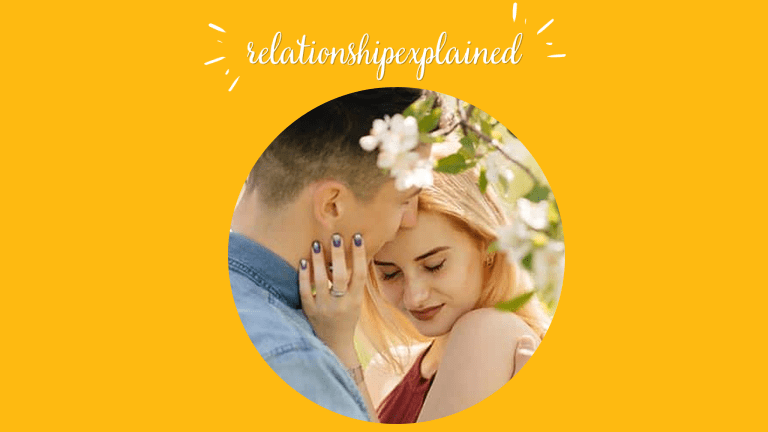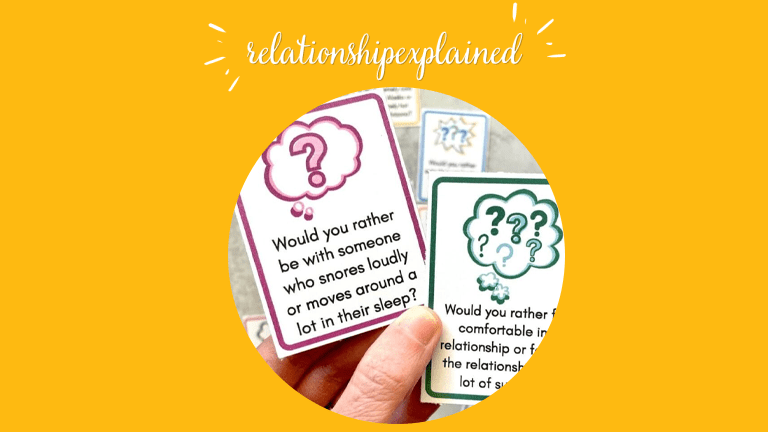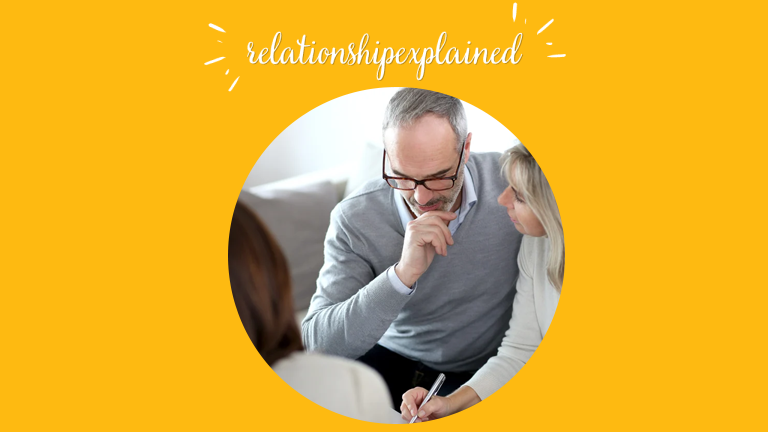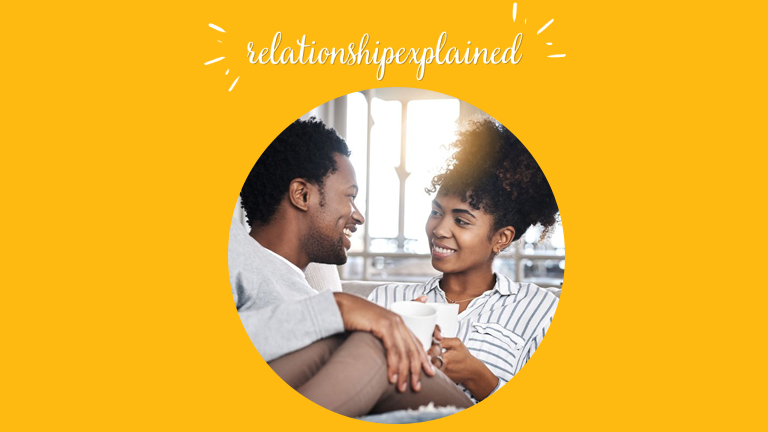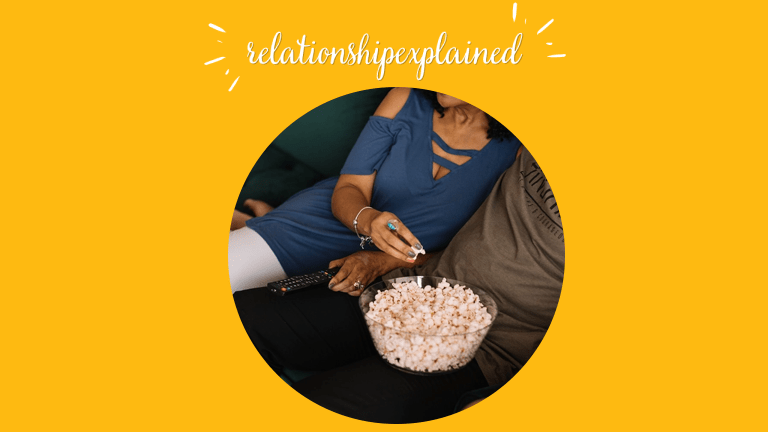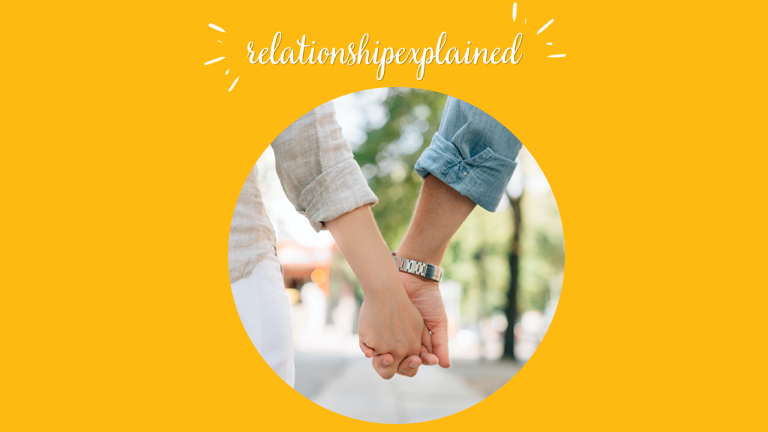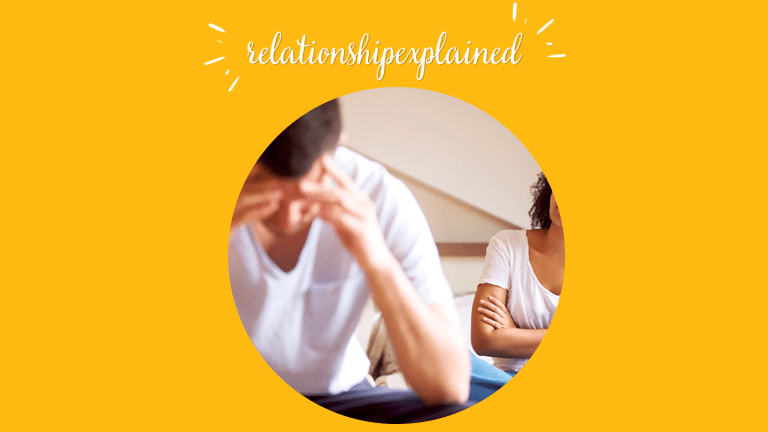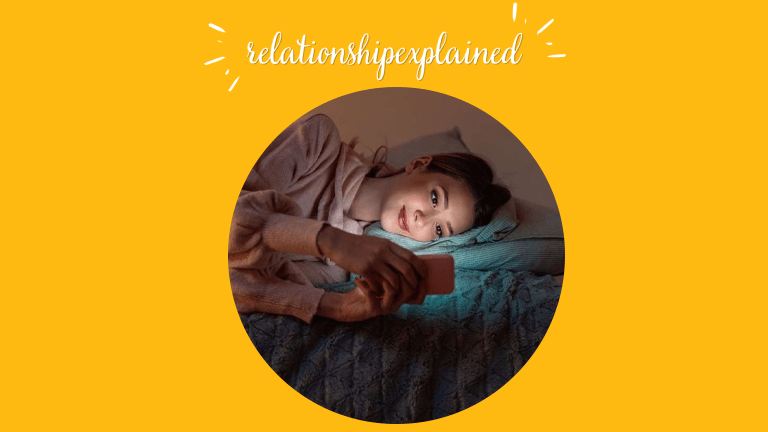Lose Yourself in a Relationship
Ever found yourself so entangled in a relationship that you seem to have forgotten who you were before it? It's not uncommon. When in love, it's easy to prioritize your partner's wants and needs over your own, but at what cost to your individuality and self-worth? Maintaining your own identity in a relationship is crucial […]
Ever found yourself so entangled in a relationship that you seem to have forgotten who you were before it?
It's not uncommon. When in love, it's easy to prioritize your partner's wants and needs over your own, but at what cost to your individuality and self-worth? Maintaining your own identity in a relationship is crucial for your mental health and the health of your relationship.
Well, we'll be going over:
- How can you recognize you're losing yourself in the relationship?
- What steps can you take to set healthy boundaries without alienating your partner?
- How do you maintain your individuality without compromising the relationship's growth?
Let's dive in!
Key Takeaways
- Losing yourself in a relationship can negatively impact your mental health and overall well-being.
- Recognizing the signs of losing yourself and establishing healthy boundaries is crucial to maintaining a healthy relationship.
- Maintaining your individuality and growth is possible while still being in a loving relationship.
Recognizing the Signs of Losing Yourself
Losing yourself in a relationship is a common problem that many people face. It can happen slowly and gradually, without you even realizing it. However, it is important to recognize the signs of losing yourself in a relationship, so you can take action before it's too late. Here are some signs to look out for:
Compromised Identity and Values
One of the most common signs of losing yourself in a relationship is compromising your identity and values. This can happen when you start to change your behavior, beliefs, or values to please your partner. You may find yourself doing things you don't really want to do, or agreeing with your partner even when you don't agree with them. This can lead to a loss of your own identity and a feeling of being lost or disconnected from yourself.
Diminished Independence
Another sign of losing yourself in a relationship is diminished independence. This can happen when you start to rely too much on your partner for everything. You may find yourself giving up your hobbies, interests, or friends to spend more time with your partner. This can lead to a loss of independence and a feeling of being trapped or suffocated.
Over-Dependence on Partner's Approval
Over-dependence on your partner's approval is another sign of losing yourself in a relationship. This can happen when you start to base your self-worth and self-esteem on your partner's opinion of you. You may find yourself constantly seeking your partner's approval and validation, and feeling anxious or insecure if you don't get it. This can lead to a loss of confidence and self-doubt.
In conclusion, losing yourself in a relationship can be a serious problem that can have long-term consequences. It is important to recognize the signs of losing yourself in a relationship, so you can take action to regain your independence, identity, and self-esteem. By setting boundaries, communicating your needs, and prioritizing your own well-being, you can maintain a healthy and fulfilling relationship while still staying true to yourself.
Establishing Healthy Boundaries
Losing yourself in a relationship can happen when you don't establish healthy boundaries. It's important to define your personal limits and communicate them to your partner. This will help you maintain your individuality and self-respect while also fostering a healthy relationship.
Defining Personal Limits
Defining personal limits means knowing what you are and are not comfortable with in a relationship. This could be related to physical intimacy, emotional sharing, or time spent together. Take some time to reflect on what you need in a relationship to feel fulfilled and happy. Write down your personal limits and be clear about them.
It's important to remember that your personal limits may change over time, and that's okay. As you grow and change, your needs and desires may shift. Be open to redefining your personal limits as needed.
Communicating Boundaries to Your Partner
Once you have defined your personal limits, it's important to communicate them to your partner. This can be a difficult conversation, but it's essential for establishing a healthy relationship. Be clear and direct when communicating your boundaries. Use "I" statements to avoid placing blame on your partner.
It's important to remember that your partner may not agree with or understand your boundaries. This is where respect and communication come in. Respect your partner's feelings and listen to their perspective. Communication is key in any relationship, and it's especially important when establishing healthy boundaries.
In conclusion, establishing healthy boundaries is essential for maintaining a happy and healthy relationship. Defining your personal limits and communicating them to your partner can be difficult, but it's important for maintaining your individuality and self-respect. Remember to be clear, respectful, and communicative when establishing and maintaining your boundaries.
Maintaining Individuality and Growth
Maintaining your individuality in a relationship is essential for personal growth and happiness. It's important to remember that you are your own person, with your own interests, hobbies, and goals. While it's natural to want to spend time with your partner, it's equally important to pursue your own passions and hobbies.
Pursuing Personal Hobbies and Interests
One way to maintain your individuality is by pursuing personal hobbies and interests. Whether it's painting, hiking, or playing an instrument, engaging in activities that you enjoy can help you stay connected to your true self. Make time for your hobbies, even if it means carving out a few hours each week to do something you love. Not only will this help you maintain your individuality, but it can also give you a sense of purpose and fulfillment outside of your relationship.
Personal Growth Within the Relationship
While maintaining your individuality is important, it's also essential to grow and learn within your relationship. Personal growth can come in many forms, such as learning to communicate better, becoming more empathetic, or working on your own insecurities. By focusing on personal growth within your relationship, you can become a better partner and a better person.
Remember, being in a relationship doesn't mean losing yourself. It's possible to maintain your individuality and grow as a person while still being a loving and supportive partner. By pursuing your own interests and working on personal growth within your relationship, you can create a healthy and fulfilling partnership that allows both you and your partner to thrive.
Navigating Challenges in Relationships
Maintaining a healthy relationship can be challenging, and it's not uncommon to encounter conflicts and resentment along the way. However, learning how to navigate these challenges can help you maintain a strong and fulfilling relationship. In this section, we will discuss two common issues that can arise in relationships and provide tips on how to address them.
Dealing with Conflict and Resentment
Conflict is a natural part of any relationship, and it's essential to learn how to handle it constructively. When you and your partner have different opinions or needs, it's important to listen to each other and try to find a compromise that works for both of you. Remember that compromising doesn't mean giving up what you want entirely. Instead, it means finding a solution that meets both of your needs.
If you find yourself feeling angry or resentful towards your partner, it's important to address these feelings before they become a more significant issue. Try to communicate openly and honestly with your partner about your feelings, and listen to their perspective as well. It's essential to avoid blaming or attacking your partner, as this can make the situation worse. Instead, focus on finding a solution that works for both of you.
Recognizing and Addressing Manipulation
Manipulation is a common issue in relationships, and it can take many forms. If you feel like your partner is trying to control or manipulate you, it's important to address the issue directly. Manipulation can lead to feelings of anger, resentment, and a lack of trust in the relationship.
If you suspect your partner is being manipulative, it's important to communicate your concerns openly and honestly. Try to approach the situation calmly and avoid blaming or attacking your partner. Instead, focus on your own feelings and how their behavior is affecting you. If your partner is receptive, you can work together to find a solution that works for both of you. However, if your partner is unwilling to change their behavior, it may be time to reevaluate the relationship.
In conclusion, navigating challenges in relationships can be difficult, but it's essential to address these issues directly to maintain a healthy and fulfilling relationship. By learning how to handle conflict constructively and recognizing and addressing manipulative behavior, you can build a strong and lasting relationship with your partner.
Seeking Support and Recovery
If you have lost yourself in a relationship, seeking support and recovery is an important step in healing. It is essential to have a support system in place to help you navigate the challenges of rebuilding your sense of self and finding closure.
The Role of Therapy
A therapist can play a crucial role in supporting your recovery. They can provide a safe and non-judgmental space for you to explore your thoughts and feelings. A therapist can help you identify patterns in your relationships and work with you to develop healthy coping mechanisms. They can also help you process your emotions and provide you with tools to help you move forward.
When seeking a therapist, it is important to find someone who is trained in dealing with relationship issues and has experience working with individuals who have lost themselves in a relationship. A therapist can help you identify your goals for therapy and work with you to achieve them.
Rebuilding a Sense of Self
Rebuilding a sense of self is an essential part of recovery. It involves learning to love and accept yourself for who you are. This can be a challenging process, especially if you have been in a relationship where you were not valued or respected.
Self-love is a critical component of rebuilding your sense of self. It involves developing a positive relationship with yourself and treating yourself with kindness and compassion. This can include engaging in self-care activities such as exercise, meditation, or spending time with friends and family.
Closure is another important aspect of recovery. It involves finding a way to make peace with the past and move forward. This can be achieved through therapy, journaling, or talking to a trusted friend or family member. It is important to remember that closure is a process and may take time.
In summary, seeking support and recovery is a vital step in healing after losing yourself in a relationship. A therapist can play a crucial role in supporting your recovery, and rebuilding a sense of self involves learning to love and accept yourself. Finding closure is a process that may take time, but with the right support, you can move forward and create a happier, healthier future.
Frequently Asked Questions
Why do people often feel like they lose their identity in relationships?
It's common for people to feel like they lose their sense of self when they enter into a relationship. This can happen for a variety of reasons, including feeling pressure to conform to your partner's expectations, neglecting your own needs and desires in favor of your partner's, or simply spending so much time with your partner that you forget who you are outside of the relationship.
What are effective strategies to maintain your sense of self while in a partnership?
It's important to prioritize your own needs and interests, even when you're in a relationship. Make time for yourself to pursue hobbies and activities that you enjoy, and don't be afraid to set boundaries with your partner when you need some alone time. Communication is also key - make sure that you're expressing your thoughts and feelings to your partner, and encourage them to do the same.
How can you recognize the signs that you're losing yourself in a relationship?
Some signs that you may be losing yourself in a relationship include feeling like you're constantly compromising on your own needs and desires, feeling like you're no longer pursuing your own interests, and feeling like you're always putting your partner's needs ahead of your own. You may also feel like you're constantly walking on eggshells around your partner, or like you're afraid to express your true thoughts and feelings.
What steps can you take to reclaim your individuality without causing harm to your relationship?
It's important to communicate openly and honestly with your partner about your need to prioritize your own needs and interests. Be clear about what you need to do to feel like you're reclaiming your sense of self, and encourage your partner to do the same. Remember that it's possible to pursue your own interests and maintain a healthy relationship at the same time - it's all about finding a balance that works for both of you.
Is it possible to regain a sense of self after being lost in a relationship for a long time?
Yes, it's definitely possible to regain your sense of self after being lost in a relationship for a long time. It may take some time and effort, but with the right support and strategies, you can start to prioritize your own needs and interests again. Remember that it's never too late to start prioritizing your own happiness and well-being.
How does one balance personal growth with the growth of the relationship?
Balancing personal growth with the growth of the relationship is all about finding a balance that works for both you and your partner. It's important to communicate openly and honestly about your goals and aspirations, and to support each other in pursuing them. Remember that personal growth is an ongoing process, and that it's possible to continue growing and evolving as an individual while also maintaining a healthy and fulfilling relationship.



